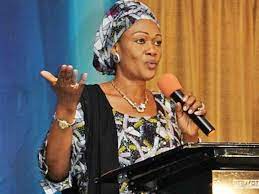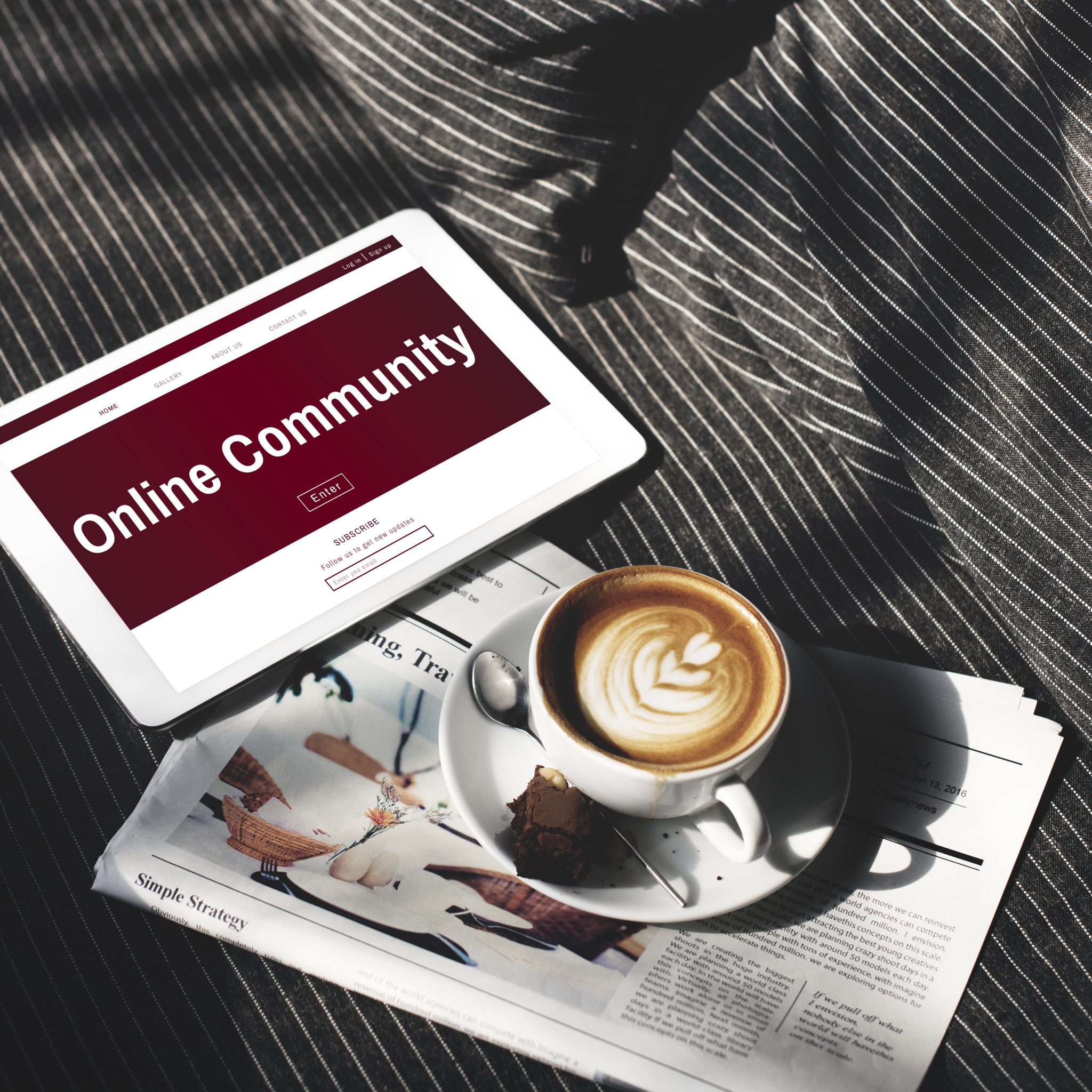The First Lady, Sen. Oluremi Tinubu, has called for collective action by all for the eradication of Female Genital Mutilation (FGM) in Nigeria by the year 2030.
Mrs Tinubu made this call in Abuja on Tuesday at the 2024 Annual Global Technical Consultation of the UN Population Fund (UNFPA) and UNICEF joint programme on the elimination of FGM.
The consultation had the theme “Delivering the Global Promise”.
She said that FGM was recognised internationally as a human rights violation against girls and women because it involved altering or injuring the female genitalia for non-medical reasons.
“Globally, as at 2023, according to WHO, about 230 million girls and women have undergone some form of female genital mutilation and about 68 million girls are at risk of also experiencing this practice between 2015 and 2030.
“Nigeria has the third highest burden of Female Genital Mutilation (FGM) and accounts for about one-tenth of FGM survivors in the world. This indicates that Nigeria has a major role to play in “delivering the global promise” to end FGM by 2030.
“Female Genital Mutilation (FGM) significantly harms women and girls in various ways. Physically, it causes pain, infections, urinary abnormalities, and complications during childbirth.
“Emotionally, it leads to low self-esteem and feelings of betrayal; psychologically, it can result in post-traumatic stress disorder, anxiety and depression. Over time, these adverse effects diminish women’s overall well-being, restrict their opportunities to exercise their rights, and hinder the realisation of their full potential. Therefore, it is crucial to intensify advocacy efforts to eliminate this harmful practice.”
According to her, since 2008, the UNFPA and UNICEF have been leading the largest global programme on eliminating FGM globally.
“Although, a lot of progress has been made with a decline in the prevalence from 25 per cent to 20 per cent among women, in spite of the achievement, there are still much more to be done and we all have important roles to play.
“I charge us to collaborate with the wives of governors of the various states in Nigeria and other stakeholders to critically address this harmful practice,” Mrs Tinubu said.
She recommended education enhancement and awareness through media campaigns, health outreaches, and community engagement to eliminate ignorance about harmful practices.
“Second, we need to empower survivors by providing comprehensive medical, legal, and psychological services to help them regain their dignity.
“Third, while significant legal strides have been made with the Child’s Rights Act 2003 and the Violence Against Persons Prohibition Act 2015, enforcement remains inconsistent.
“Therefore, we must ensure that these laws are fully adopted, reported and enforced. Lastly, we should foster partnerships by engaging with women groups, form alliances with young people, civil society, faith-based organisations and the government.
“This collaboration will help mobilise resources, share best practices, and create a sustainable movement against gender-based violence and Female Genital Mutilation,” she said.
Also, the Vice President (VP) Kashim Shettima, who was represented by Mrs Uju Rochas-Anwulah, Senior Adviser on Public Health, Office of the VP, said that it was important for the menace to be addressed from the grassroot levels.
Shettima said: “The dignity of a Nigerian child is important, she has been granted this second ride by our constitution and each of us owns it to ourselves to join forces for her protection.
“This gathering is a reminder to the society that we have not abandoned our station as the voices, eyes and conscience of this nation.
“We must find a balance between culture and reality, a balance between the past and the present, that the change we desire is achievable through targeted virtues. I am therefore ready to join you in eradicating FGM, however, the traditional rulers, community leaders and everyone has to be involved in this.”
The vice-president further said that the Federal Government would provide healthcare centres and facilities to help FGM survivors.
(NAN)







